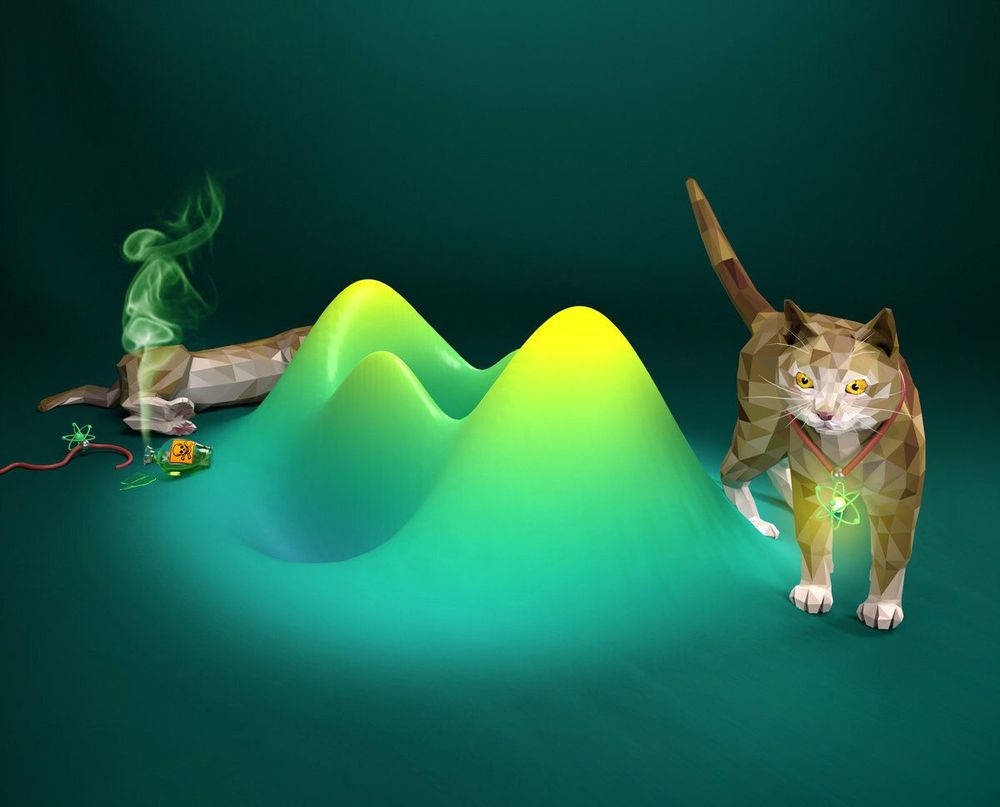An old thought experiment now appears in a new light. In 1935 Erwin Schrödinger formulated a thought experiment designed to capture the paradoxical nature of quantum physics. A group of researchers led by Gerhard Rempe, Director of the Department of Quantum Dynamics at the Max Planck Institute of Quantum Optics, has now realized an optical version of Schrödinger’s thought experiment in the laboratory. In this instance, pulses of laser light play the role of the cat. The insights gained from the project open up new prospects for enhanced control of optical states, that can in the future be used for quantum communications.








